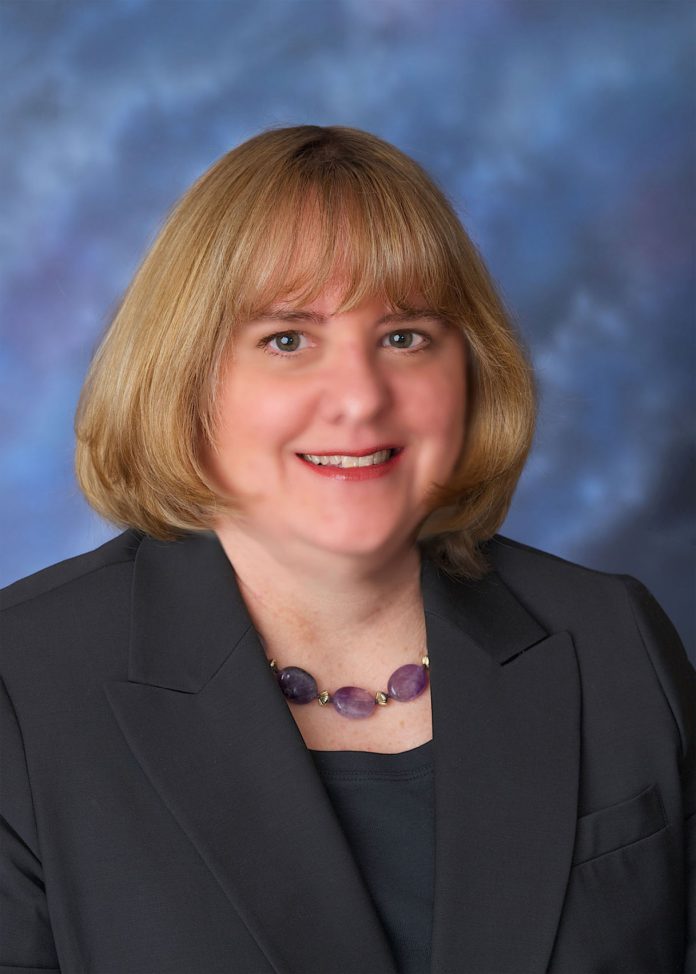By Philip Sean Curran, Staff Writer
The four-way race for Princeton Council is in the homestretch toward Tuesday’s Democratic primary in which voter turnout figures to be high and could hinge on a strategic method of voting to determine the outcome.
Incumbent Jenny Crumiller, Leticia Fraga, Anne Neumann and Tim Quinn have one last weekend to canvass neighborhoods and woo undecided voters, in what has been a low budget campaign. The primary is, in effect, a winner take all contest given the general election will be uncontested. No Republicans filed to run this year, so the primary will decide who gets the two three-year seats up for grabs.
“My gut tells me that I feel very confident,” Ms. Fraga said Friday.
The presidential race between Vermont Sen. Bernie Sanders and former Secretary of State Hillary Clinton at the top of the ticket likely will be the main draw luring Democratic voters to the polls. Ms. Neumann said Friday that she expects a “much larger turnout,” in a town with around 8,900 registered Democrats.
“Typically we would not expect a high percentage, even in cases of a presidential primary, because by the time New Jersey’s June primary rolls around, the results are usually a foregone conclusion,” said Assemblywoman Liz Muoio (D-15), also the chairwoman of the Mercer County Democratic Party. “This year, however, at least on the Democratic side, New Jersey’s primary voters could play a pivotal role, so I anticipate a good showing around the state and in Mercer County. I also expect to see a spike in municipalities like Princeton that have local primaries.”
Yet at this stage, it is unclear which of the four council candidates benefit from high turnout or whom Ms. Clinton’s and Mr. Sanders’ supporters might vote for down the ballot. But two of the candidates said they figure that Mr. Sanders’ supporters will gravitate toward them.
Ms. Neumann said she thought that if his supporters heard her message, they would back her since she is from the “progressive” wing of the party. Ms. Crumiller, who is supporting Ms. Clinton next week, echoed those sentiments by saying Sen. Sanders’ supporters would vote for her given her “strong progressive record of activism.”
“I don’t know whether Bernie’s people or Hillary’s people help or hurt me,” Mr. Quinn said in calling the presidential contest a “great unknown” on what happens in the council race.
Ms. Clinton is leading Mr. Sanders in New Jersey, polling data has shown, but their race has divided Democrats. Ms. Fraga, for example, said she has supporters who are split between them in their loyalties.
Another unknown is the possibility of “bullet voting” by people who vote for only one person rather than two. Democrats said the logic behind bullet voting is that supporters of a particular candidate do not want to give votes to someone else and potentially deprive victory from their preferred choice.
“Bullet voting is always a factor,” said Ms. Crumiller, who is not encouraging her supporters to do that.
“I have not asked my supporters to bullet vote,” Ms. Neumann added.
“I think people should vote for two candidates because there’s two openings,” Mr. Quinn said.
Ms. Fraga said she was not familiar with the concept of bullet voting until this year during the endorsement vote by the Princeton Community Democratic Organization.
If any candidates have an edge, Ms. Crumiller and Mr. Quinn will occupy preferential placement on the ballot by winning the backing of the party hierarchy earlier this year; their names will appear above Ms. Fraga’s and Ms. Neumann’s.
Peter Wolanin, chairman of the Princeton Democratic Party, said Friday that the ballot position “always has some effect,” but he did not think it would decide the race. For his part, he expected Ms. Crumiller, based on her name recognition and record, to be the top vote-getter, but he was not venturing any more predictions beyond that.
Yet there is still a measure of uncertainty about Tuesday’s outcome given none of the candidates are polling voters to gauge where they stand.
“I don’t think any of us have a real idea of how our message is resonating (beyond) people who have identified as supporters,” Mr. Quinn said. “It’s a bit unnerving.”
Home z Old Categories news ELECTION 2016: It’s unclear which Princeton council candidates benefit from expected high...


